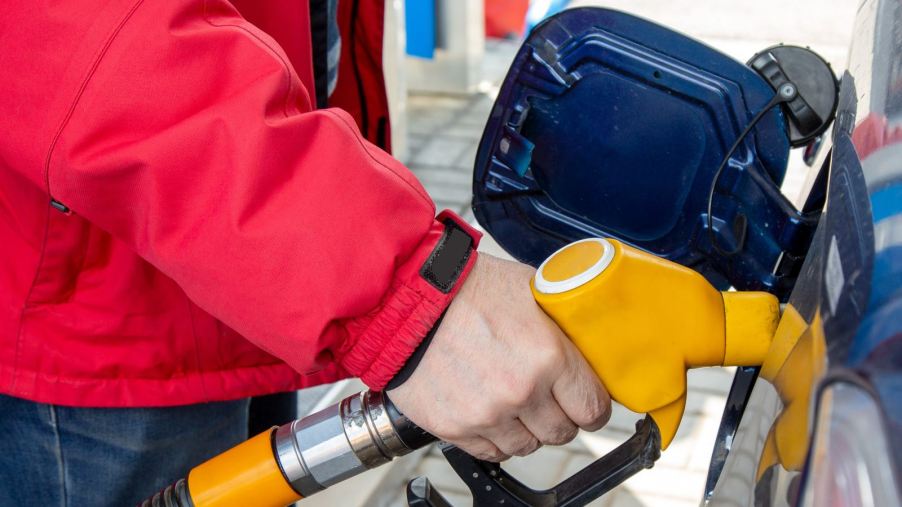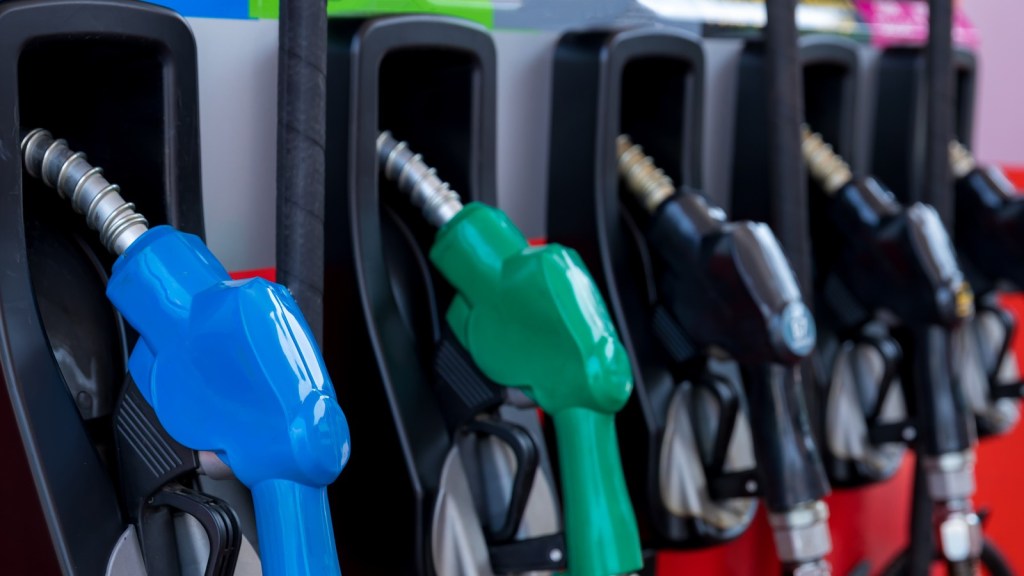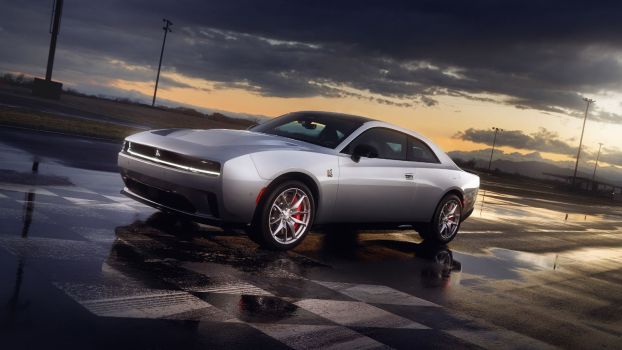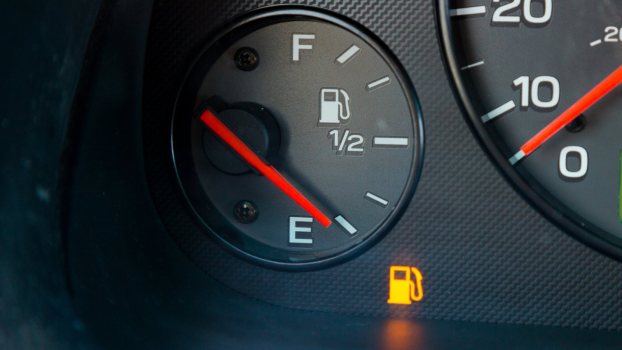
Is Ethanol Free Gas Better for Your Car?
The use of all-electric vehicles is expanding, but by and large, most people still use traditional gas-powered cars. However, there are a few options for gas. There are regular, mid-grade, supreme, and many fuel stations also have ethanol free. Non-ethanol gas is usually more expensive, so does that mean it’s better for your car?
Here’s a look into what ethanol-free gas does to your vehicle.
Ethanol free gas is generally better for your vehicle
In a nutshell, using non-ethanol gas is better for your car. This is because ethanol-free gas, also called clear gas, is pure. Of course, this means most vehicles will have a much better experience with this type of fuel. There are a few significant advantages to using pure gas over fuel that contains even small amounts of ethanol.

Perhaps the most significant advantage is that clear gas causes less damage to your engine over time. Not only does ethanol cause corrosion within the engine, but it can also allow water to accumulate as it sits in the fuel tank.
Another advantage to using non-ethanol gas is that it typically grants higher fuel economy for drivers. However, it’s also important to note that ethanol free gas is more expensive than options with ethanol. Similarly, this more efficient fuel has a longer shelf life, as it can last up to six months. However, regular gas, also called E10, lasts about half as long.
What is ethanol
People have always heard the terms ethanol and ethanol-free when it comes to gas, but not everyone knows what it actually is. Essentially, it’s a renewable fuel that comes from plant materials. Its purpose in gasoline is to oxygenate it, which helps with combustion and also reduces emissions. According to The Department of Energy, more than 98% of fuel in the U.S. contains ethanol.
It’s also important to note that before the widespread use of ethanal, lead was a component to add octane and to prevent engine knock. However, the U.S. began to phase out its use in the 1970s as ethanol seemed to be the better option.
Ethanol-free gas has some significant advantages over options that contain the substance. The difference in fuel economy might be a wash as non-ethanol gas is more expensive, but having less damage done to your engine is an unmatched quality. Of course, this type of gas can be harder to find, but it’s still pretty widespread. Drivers should always check their vehicle’s manual when deciding what gas to use.






